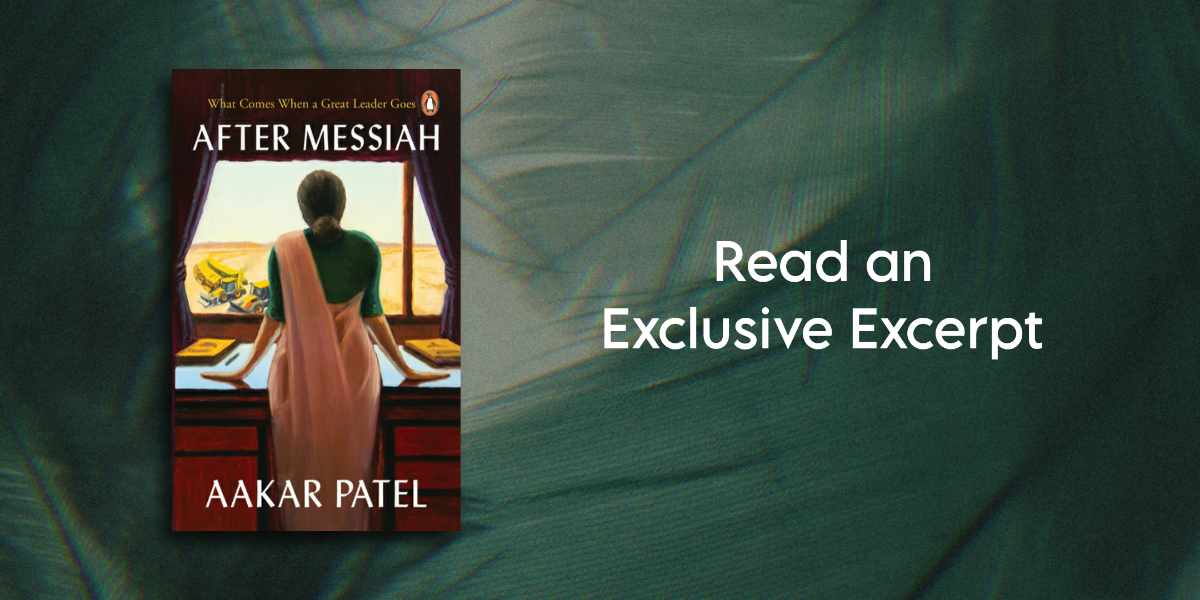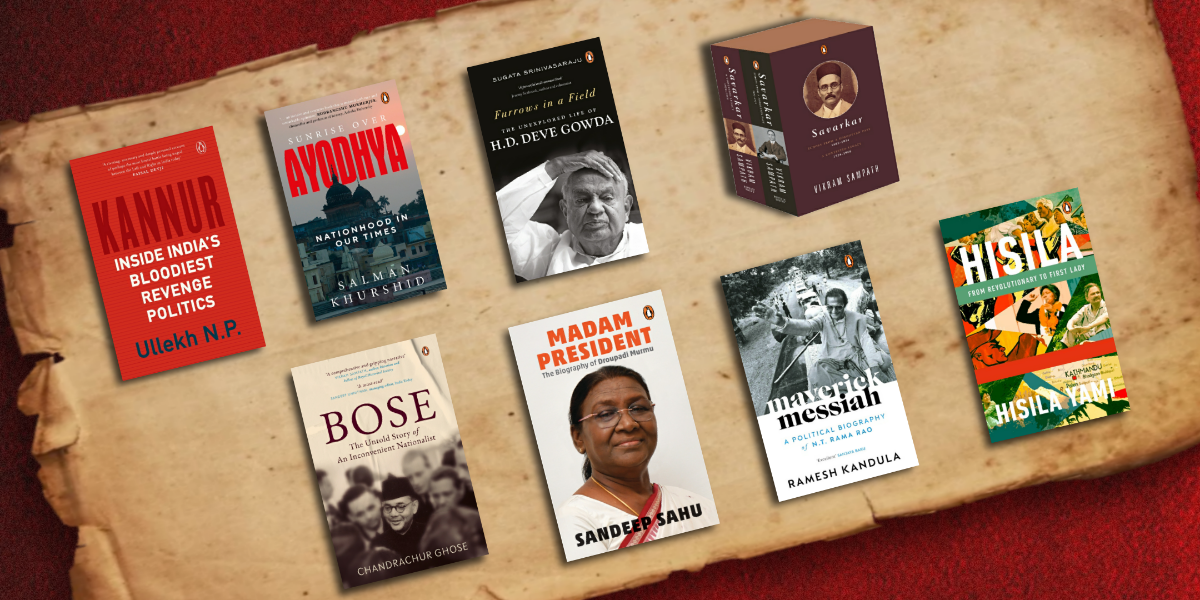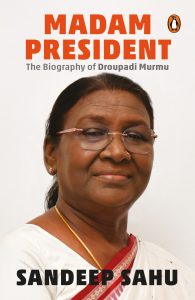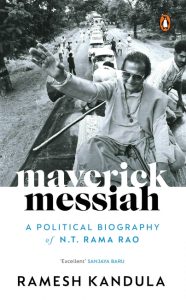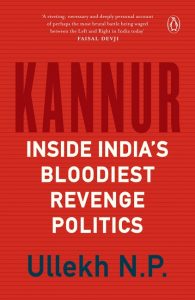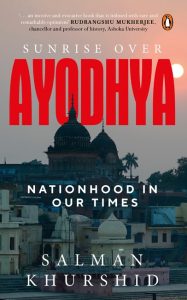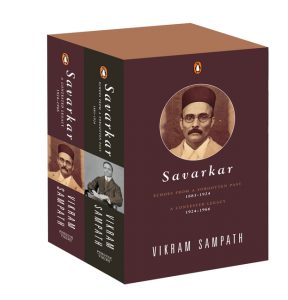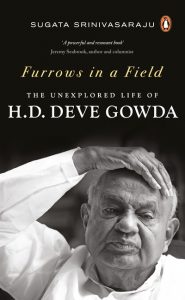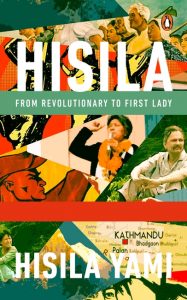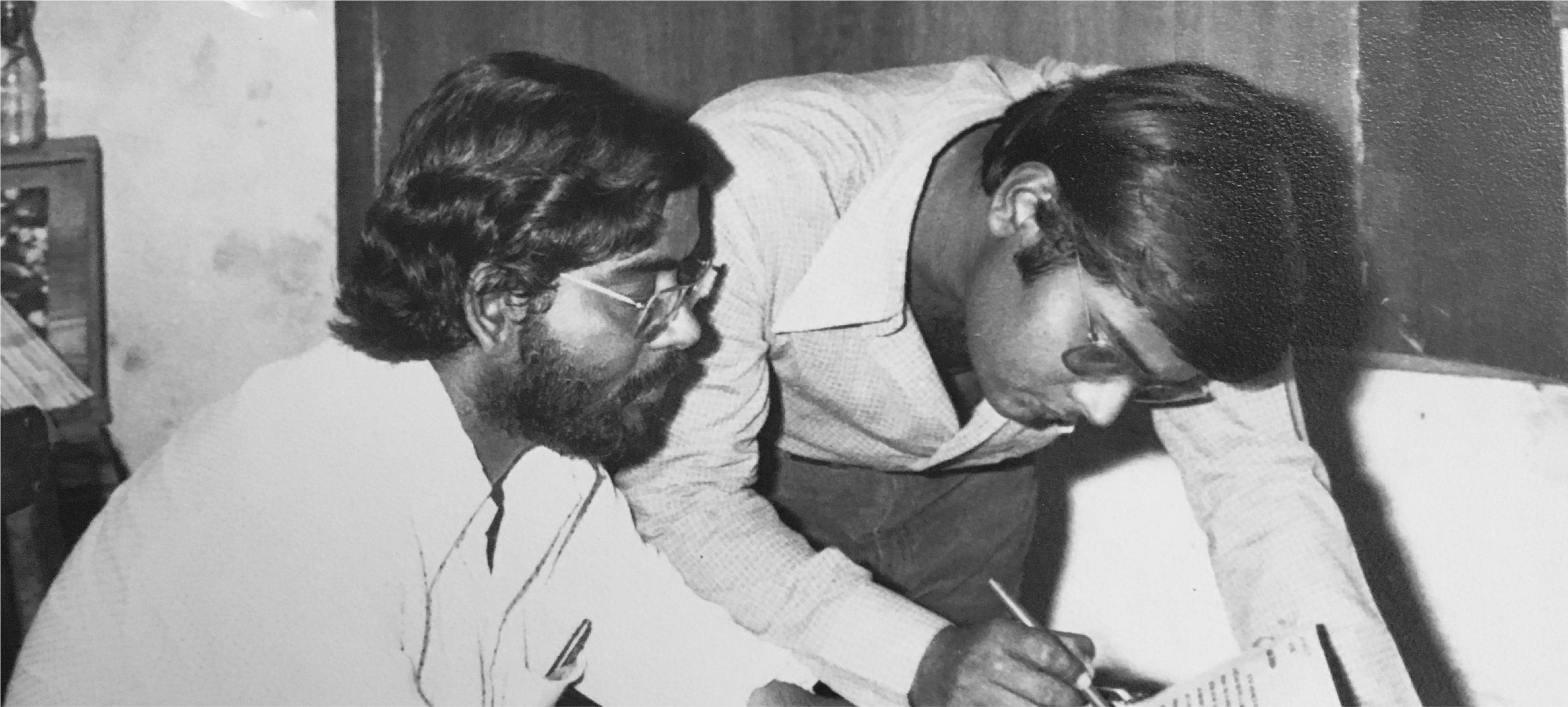Step into a world of unexpected turns in After Messiah by renowned journalist and author Aakar Patel. Explore an ill-fated inauguration, where even the best-laid plans couldn’t prevent the catastrophe that lurked over the Big Man. From polished facades to chaotic twists, read this exclusive excerpt to know more about the event that captured the nation’s attention for all the wrong reasons.
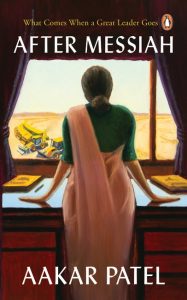
***
He strode directly to the podium, where an announcer was already concluding her brief introduction hailing him. The chief minister attempted to walk with the Big Man but was taken by the arm by one of the escorts and led away into the audience. The announcer fled, and the Big Man now stood alone, facing his people, with flags framed to either side of him. He looked to his left at the battery of cameras and scowled. The senior-most bureaucrat present scampered up to find out what the problem was. The sun was in the wrong place, behind the Big Man. His image would not be lit but appear in silhouette.
The cameramen, a couple of them grumbling, were asked to dismantle their equipment and shift it all across to the other side. This took a few minutes, and the crowd waited. The media crew held off live coverage as instructed. The Big Man glanced at the new position taken by the cameras and, now satisfied, began to speak.
He spoke of the misery of the past, the great advances of the present and the glory that was coming soon if it was not already here. It was his standard theme. This hospital would serve the community as it had never been served before. It would help the locals achieve their dreams and those of their children. It was an institution whose founding was the start of an era, and it was only one of many coming up. Times had changed, and this phase in time was a new one, like no other.
The Big Man’s content sounded, to some, banal, but his delivery was energetic and often emotional. Certainly, he appeared to be moved by his own words. The audience was not silent and joined in to scream when he led it through the slogans, and it shouted ‘yes!’ and ‘no!’ to the rhetorical questions he posed.
Yes, this was a historic occasion. Yes, their lives were better under the Big Man. No, they had never been hopeful in the past. No, the ones who had come before him were not honest. And so on.
After he was done, he picked up the remote control on the lectern and raised it to give it a click. From behind the building, a large flock of doves was released and flew up in a disorderly fashion. Some of them had been painted in different colours, to display the colours of the national flag as they rose. But the thing could not possibly have been rehearsed, since the birds flew off once released, and the effect on the whole was chaotic rather than impressive. The Big Man did not communicate his displeasure, but the senior-most bureaucrat grimaced and made a note of who would be held to account.
The click had also unveiled a large plaque set around a little concrete circle. It bore some text in the ancient language along with a religious symbol that resembled the Rod of Asclepius but had been altered to make it seem indigenous. The Big Man touched it reverentially and bowed to it.
He then stood, appeared to look at the ground and fell on his face, going straight down like a tree. The head bounced once off the paved surface, but the body was still and the hands perfectly aligned to either side, almost as if the going down had been deliberate.
It may have been some undetected condition, or perhaps it was something else. The Big Man had died on his feet, in an instant and without warning.
The crowd waited for him to rise again. The cameras continued to broadcast the scene, capturing the Big Man’s elegant soles and still hands. The senior-most bureaucrat was unsure what to do, and his concern mounted rapidly. It was out of the question that he would muster the courage to disturb what appeared to be some unrehearsed ritual. (Was the Big Man praying to the hospital?) The armed escorts had been looking into the crowd and to their sides, unaware that behind them the life they were protecting had departed. Their supervisor, a man who had served in the military, first noticed what had happened. Familiar with the relaxed slump of dead bodies, he
sprinted to the corpse with a shout and sounded the alarm. The senior-most bureaucrat, now in full-blown panic, also hobbled quickly over with his juniors. The crowd became restive, and the large police presence between it and the building slowly melted as the chaos grew.
The Big Man’s body was picked up and taken to the hospital by the armed escorts, who now assumed charge. Inside they discovered that there was no treatment available in the building—it was not an operational hospital.
They took the body back to the helicopters, buckled the Big Man into his seat, his head now to one side, the sunglasses askew, his mouth slightly open and his eyes expressionless. The escorts shouted instructions at each other over the thump of the rotor blades, reached an agreement, signalled through raised thumbs and flew off. The chief minister tried to get into his ride but was pushed away. He did not resist and went off to figure out his way home, and what he would have to tell the party and the media. The senior-most bureaucrat called the Big Man’s office, and told them what he had seen and what was headed their way.
***
Get your copy of After Messiah by Aakar Patel wherever books are sold







